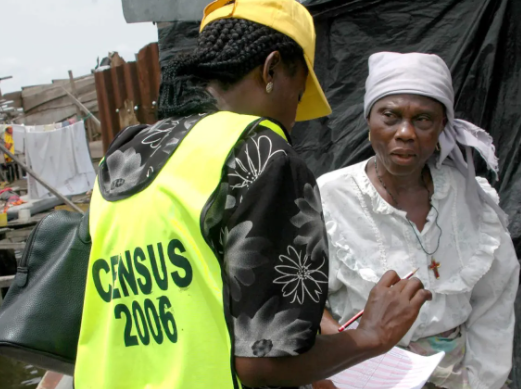The story of UK-based Nigerian lady, Olabisi Abubakar, 42 years old, who lives in Cardiff, Wales, and facing trial in the United Kingdom for two counts of manslaughter and child cruelty relating to the death of her three-year-old son, Taiwo Abubakar, makes an interesting health gist this Friday.
According to media report published on April 26, 2023 in Mail Online, Olabisi, who is accused of killing her three-year-old son through “religious fasting, told police she had “locked herself away” during the COVID-19 pandemic and thus starved her son to death on the basis of extensive religious fasting.
According to the report, she is on trial at the Cardiff Crown Court, where it was revealed that police forced entry to her flat on June 29, 2020 after a friend raised concerns for her welfare.
Post break-in, Olabisi, was found thin, malnourished and severely dehydrated, was found lying on a sofa bed next to the body of her son, Taiwo.
Advertisement
Although the report didn’t mention if this is not related to lack of means in the first instance.
Cardiff Crown Court heard Taiwo weighed 9.8 kg, 40% less than expected for the child’s age. Pathologist’s assessment reported the cause of death as malnutrition and dehydration. It wasn’t certain how many days the child was starved before he died. Undoubtedly, this must have gone beyond few days. Sounds crazy and cruel no doubt.
The court was told Olabisi has remained detained in hospital, where she is being treated for paranoid schizophrenia.
Advertisement
Paranoid schizophrenia is described as a pattern of behavior where a person feels distrustful and suspicious of other people and acts accordingly, manifesting delusional beliefs and may also hallucinate.
Whatever became the interpretation of the law in the case at hand, it is apparent that conviction of Olabisi on the basis of the three-year-old’s manslaughter may not go easy, especially because of the thin line between if her act was of an insane mind or that the act is of an extreme religious practice.
Apparently if evidences in court weighed more on the fact that paranoid schizophrenia was preexisting and veiled on the basis of religious beliefs, then she might escape conviction.
If it is however proven that she had practised similar beliefs in the past, in sane mind, she might be found guilty of contributing knowingly to the death of her son on the basis of extreme religious belief.
Advertisement
For me, however, a major challenge in our society is when do we recognise extreme religious practices (quite common) have become dangerous and exhibiting grand delusion, thus qualifying as cases of psychosis?
Look around, there are similar cases in the mode of our point-case this Friday.
If you have noticed worrisome eccentric behaviors in friends, colleagues, neighbours or relatives, please close them up and be certain all is well. You might be preventing another case of Olabisi and Taiwo.
Advertisement
Views expressed by contributors are strictly personal and not of TheCable.







